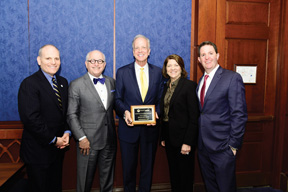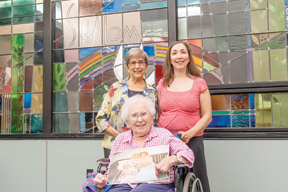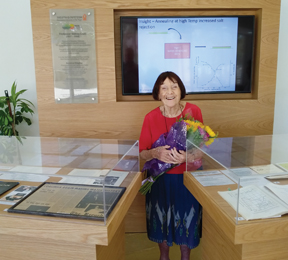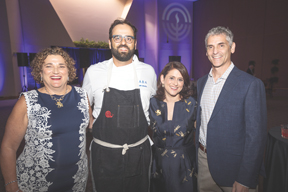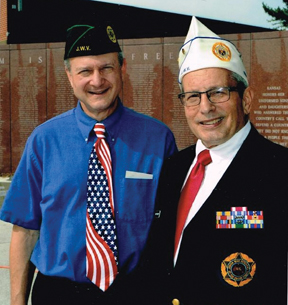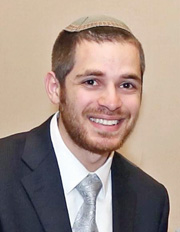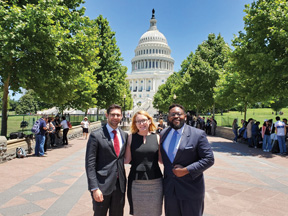NEW YORK — The Orthodox Union (OU) — the nation’s oldest and largest umbrella organization for the North American Orthodox Jewish community — has established Kosher Food Lifeline (KFL), a new division created to help existing food pantries, Tomchei Shabbos programs and related social service agencies throughout the United States to provide nutritious kosher food to Jews in need. The new division offers need-based food programs assistance with procurement, kosher food distributor relationships, government grants and other logistical support that will improve their ability to meet the needs of their constituents.
Kedem, a leader in the specialty food world with a focus on kosher, gluten free and all-natural foods, provided a $200,000 grant to launch the inaugural program in advance of Passover 2019. More than 150,000 pounds of Kosher-for-Passover food were distributed to 53 partner organizations — including Chabad House and Jewish Family Services locally — who delivered it to communities in Arizona, Nevada, Texas, Colorado, Kansas, Missouri, Ohio, Georgia, North Carolina, South Carolina, Maryland, Michigan, Massachusetts, Illinois, Rhode Island and the New York tri-state area, supporting over 17,000 Jewish families in need.
“It was truly a win-win situation,” said Kedem Vice President Charles Herzog. “Food insecurity is an important issue for us. We are always looking for ways to work with our communities and help where we can, and the OU’s Kosher Food Lifeline program ensured that we were sending exactly what was needed, where it was needed. We look forward to future partnerships with KLF and its network of kosher food pantries.”
The OU and Kedem worked with Chabad House Center in Overland Park to provide Simcha Gift Passover bags.
“The food was very helpful in providing for a wonderful Pesach experience to almost 500 home-bound and retired seniors,” said Rabbi Mendy Wineberg.
JFS’ Director of Food Pantry Jo Hickey noted it was a new partnership for the two organizations and said, “It is a relationship with room for growth.”
There are upwards of 215 food agencies in 24 states across the country that provide low-cost or free kosher food to individuals and families who have food access challenges. Reasons for food access challenges vary. Some individuals have serious economic barriers; some live in “kosher food deserts,” where there is an extremely limited supply of kosher food and high prices; some have limited mobility and require food delivery or manage some combination of all three.
“Financial strains within the Jewish community cannot be understated. As the OU tackles affordability issues on a number of fronts, we recognize those in our community who struggle each day to put nutritious kosher food on the table,” said Orthodox Union Executive Vice President Allen Fagin. “We must work together to support the food pantries and agencies that serve them and the OU is uniquely positioned to do so given that we are the largest global Kashrut certifier.”
Orthodox Union President Moishe Bane said, “The Orthodox Union was founded over 120 years ago on the principle that Jews must help their fellow Jews to practice the sacred mitzvot and keep Yiddishkeit alive in America. Creating access to kosher food, one of the most fundamental components of Jewish life, remains a priority even today, and we are eager to support the kosher food pantries and programs that provide critical access to kosher food to those in need.”
Kosher Food Lifeline Founding Director Allison Deal added: “This is the first time a national program, at this scale, has addressed the needs of kosher food pantries, many of which are run by hard-working volunteers with limited resources. By coordinating purchases and helping corporate food donors to direct donations where they are needed, we can increase efficiency, eliminate waste, bring prices down and, hopefully, help these agencies provide more nutritious, protein-rich kosher food to those who need it most.”
For more information about the Kosher Food Lifeline for kosher food pantries, contact Allison Deal at 212-613-8336 or go to ou.org/kfl/. For information about Chabad’s Simcha Gifts program, contact Blumah Wineberg, 913-940-1113. Visit jfskc.org to learn more about JFS Food Pantry.
